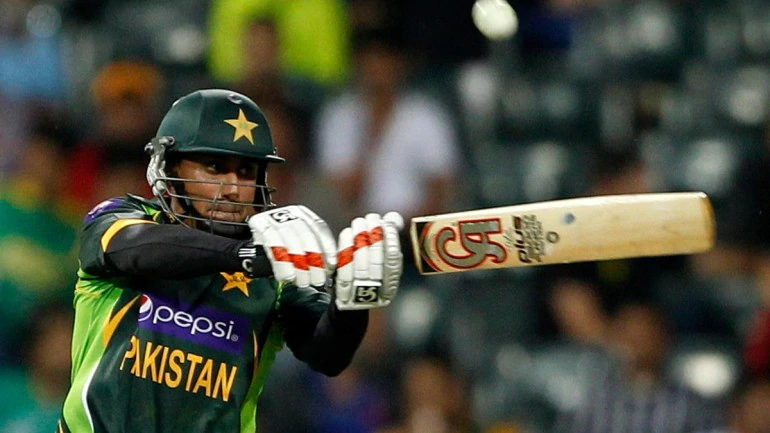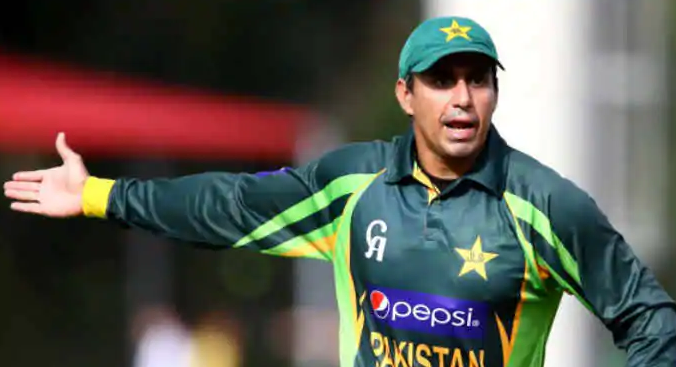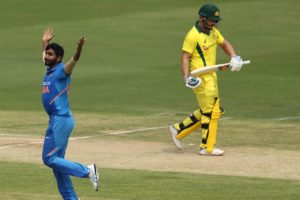Former Pakistani batsman Nasir Jamshed has been sentenced to 17 months in jail after being found guilty of being involved in a conspiracy to bribe fellow players in T20 spot-fixing on Friday. The 30-year-old Jamshed was arrested in February last year along with two other persons Yusuf Anwar (36) and Mohammad Ijaz (34) in an alleged spot-fixing case following an investigation by the National Crime Agency.
Jamshed was convicted in February 2018 of the Pakistan Super League (PSL) match between Islamabad United and Peshawar Zalmi in Dubai for encouraging players to perform poorly in exchange for £ 30,000.
Police investigations also revealed that Jamshed had initially planned to fix the Bangladesh Premier League 2016 matches as well, but later cancelled the plans for two dot balls.
But Jamshed still encouraged players in the PSL for spot-fixing. He persuaded Sharjeel Khan to play two dots on the first two balls of the second over of Islamabad. The PCB later banned Khalid Latif, another player who worked with Sharjeel and Jamshed, for five years.
Jamshed initially denied the allegations of bribing spot-fixing, but admitted his mistake in changing his statement during a December trial. All three accepted their role in this conspiracy in the last hearing.
Jamshed, now based in Walsall, Central England, has played 68 international matches for Pakistan in all three formats including 2 Tests, 48ODIs and 18 T20s.
Sentencing all of these, Richard Mansell, a judge at Manchester Crown Court in North West London, said that Anwar and Ijaz were involved in “sophisticated and organized criminal activity”.
He said that Jamshed “succumbed to the temptation of financial reward.” The judge said, “The sad thing is that this kind of corruption in the game of cricket has been happening for a long time.”
Jamshed‘s wife, Samara Afzal issued a statement after the sentence was handed down which said her husband’s actions have caused ‘pain and humiliation’ caused to their family, and warned other cricketers not to be tempted by corruption in a sport where, she wrote, an international player can earn more than she does as a doctor.
“Nasir could have had a bright future had he worked hard and been committed to the sport than gave him so much, but he took a shortcut and lost everything, his career, status, respect and freedom,” she wrote. “He would have got UK nationality and played county cricket, and he threw his chance away.
“He would do anything to turn the clock back and not lose everything, especially his daughter who he is very close to, but it’s too late for him. I hope all cricketers look at his example as a deterrent against corruption,” she concluded.







